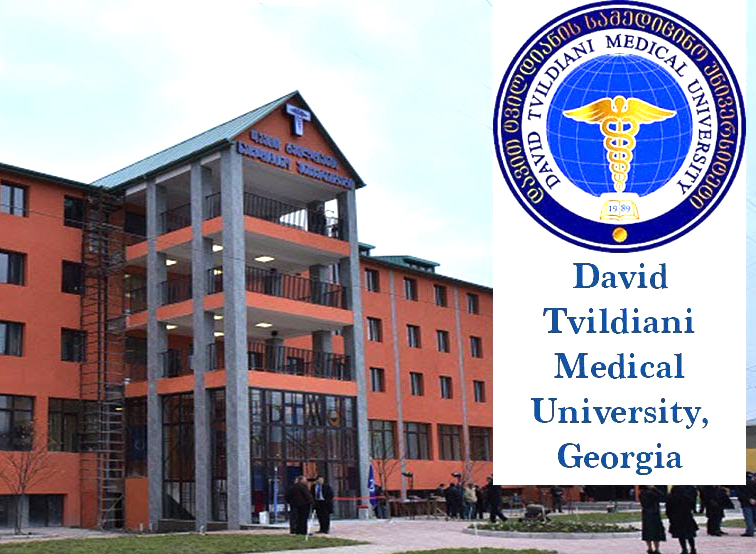Listeriosis is a bacterial infection caused by a Gram-positive, motile bacterium, Listeria monocytogenes. Listeriosis occurs primarily in newborn infants, elderly patients, and patients who are immunocompromised. Listeriosis kills at least 1 in 5 persons it infects. Its wide range of temperature tolerance necessitates extra care in food processing and storage. Milk does not need to be homogenized to prevent listeriosis, but pasteurization of milk is definitely necessary. Vegetables and fruit that have contacted the soil must be carefully washed before refrigeration.
The symptoms of listeriosis usually last 7–10 days, with the most common symptoms being fever, muscle aches, and vomiting. Diarrhea is another, but less common symptom. If the infection spreads to the nervous system it can cause meningitis, an infection of the covering of the brain and spinal cord. Symptoms of meningitis are headache, stiff neck, confusion, loss of balance, and convulsions.
Listeriosis has a low incidence in humans. However, pregnant women are much more likely than the rest of the population to contract it. Infected pregnant women may have only mild, flulike symptoms. However, infection in a pregnant woman can lead to early delivery, infection of the newborn, and death of the baby. It seems that Listeria originally evolved to invade membranes of the intestines, as an intracellular infection, and developed a chemical mechanism to do so. This involves a bacterial protein "internalin" which attaches to a protein on the intestinal cell membrane "cadherin." These adhesion molecules are also to be found in two other unusually tough barriers in humans - the blood brain barrier and the feto - placental barrier, and this may explain the apparent affinity that Listeria has for causing meningitis and affecting babies in-utero.
Signs and symptoms
The disease primarily affects older adults, persons with weakened immune systems, pregnant women, and newborns. Rarely, persons without these risk factors can also be affected. A person with listeriosis usually has fever and muscle aches, often preceded by diarrhea or other gastrointestinal symptoms. Almost everyone who is diagnosed with listeriosis has invasive infection (meaning that the bacteria spread from their intestines to their blood stream or other body sites). Disease may occur as much as two months after eating contaminated food.
The symptoms vary with the infected person:
High-risk persons other than pregnant women: Symptoms can include fever, muscle aches, headache, stiff neck, confusion, loss of balance, and convulsions.
Pregnant women: Pregnant women typically experience only a mild, flu-like illness. However, infections during pregnancy can lead to miscarriage, stillbirth, premature delivery, or life-threatening infection of the newborn.
Previously healthy persons: People who were previously healthy but were exposed to a very large dose of Listeria can develop a non-invasive illness (meaning that the bacteria have not spread into their blood stream or other body sites). Symptoms can include diarrhea and fever.
If a person has eaten food contaminated with Listeria and does not have any symptoms, most experts believe that no tests or treatment are needed, even for persons at high risk for listeriosis.
Cause
Listeria monocytogenes is ubiquitous in the environment. The main route of acquisition of Listeria is through the ingestion of contaminated food products. Listeria has been isolated from raw meat, dairy products, vegetables, fruit and seafood. Soft cheeses, unpasteurized milk and unpasteurised pâté are potential dangers; however, some outbreaks involving post-pasteurized milk have been reported.
Rarely listeriosis may present as cutaneous listeriosis. This infection occurs after direct exposure to L. monocytogenes by intact skin and is largely confined to veterinarians who are handling diseased animals, most often after a listerial abortion.
Prevention
The main means of prevention is through the promotion of safe handling, cooking and consumption of food. This includes washing raw vegetables and cooking raw food thoroughly, as well as reheating leftover or ready-to-eat foods like hot dogs until steaming hot.
Another aspect of prevention is advising high-risk groups such as pregnant women and immunocompromised patients to avoid unpasteurized pâtés and foods such as soft cheeses like feta, Brie, Camembert cheese, and bleu. Cream cheeses, yogurt, and cottage cheese are considered safe. In the United Kingdom, advice along these lines from the Chief Medical Officer posted in maternity clinics led to a sharp decline in cases of listeriosis in pregnancy in the late 1980s.
Treatment
Bacteremia should be treated for 2 weeks, meningitis for 3 weeks, and brain abscess for at least 6 weeks. Ampicillin generally is considered antibiotic of choice; gentamicin is added frequently for its synergistic effects. Overall mortality rate is 20–30%; of all pregnancy-related cases, 22% resulted in fetal loss or neonatal death, but mothers usually survive.






